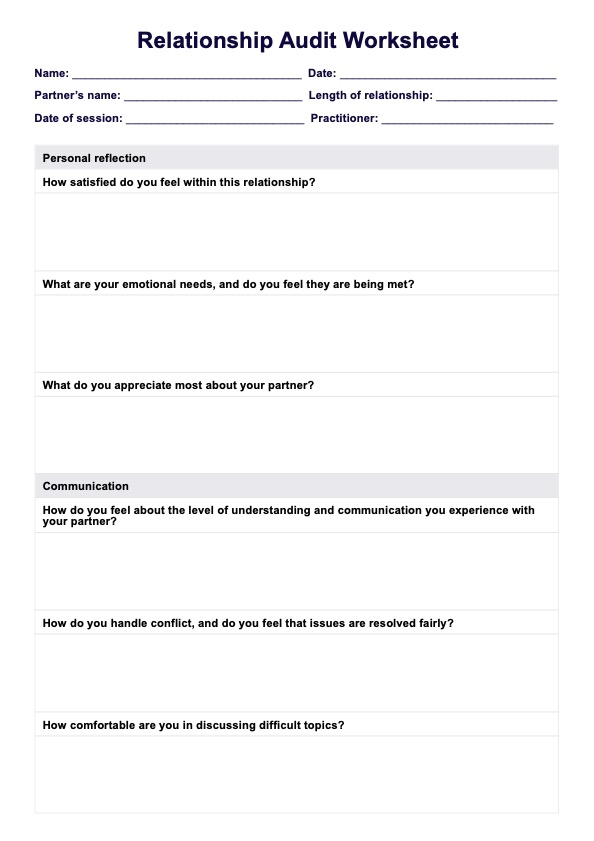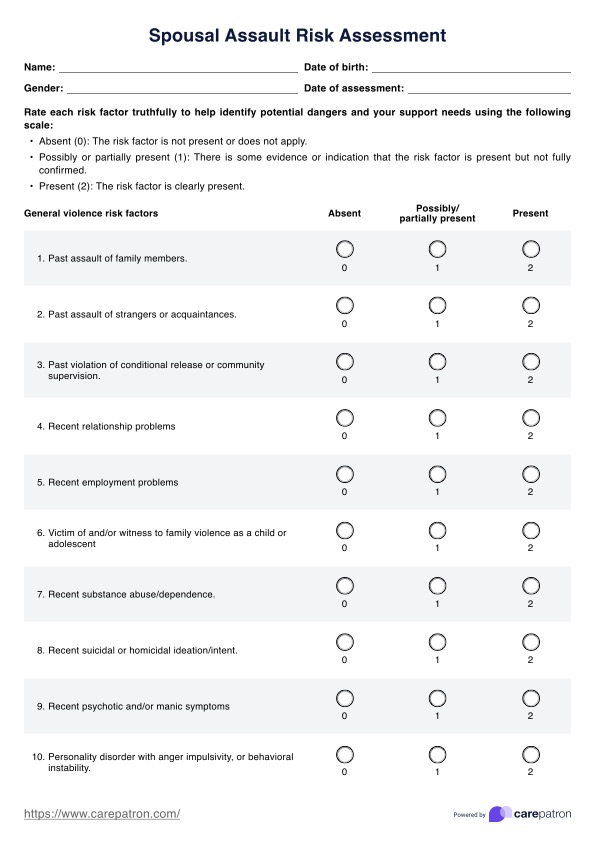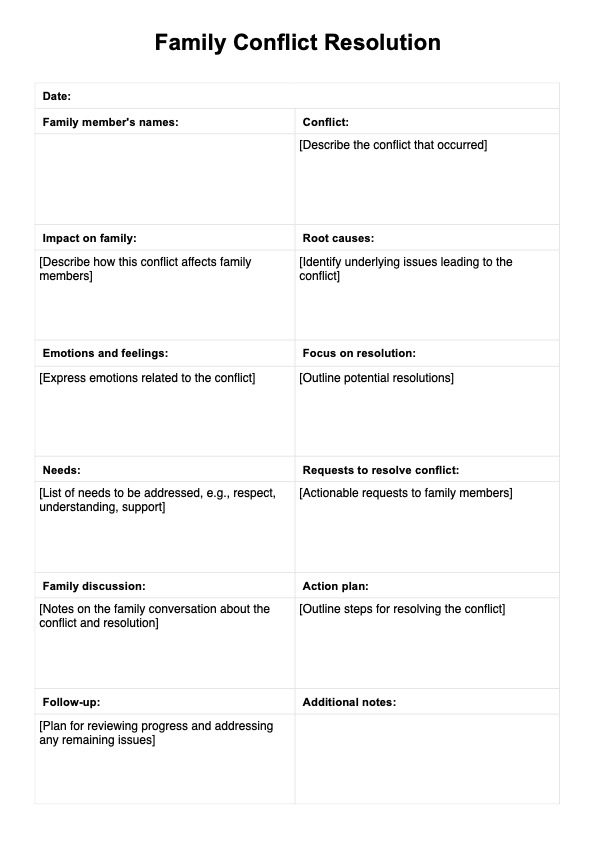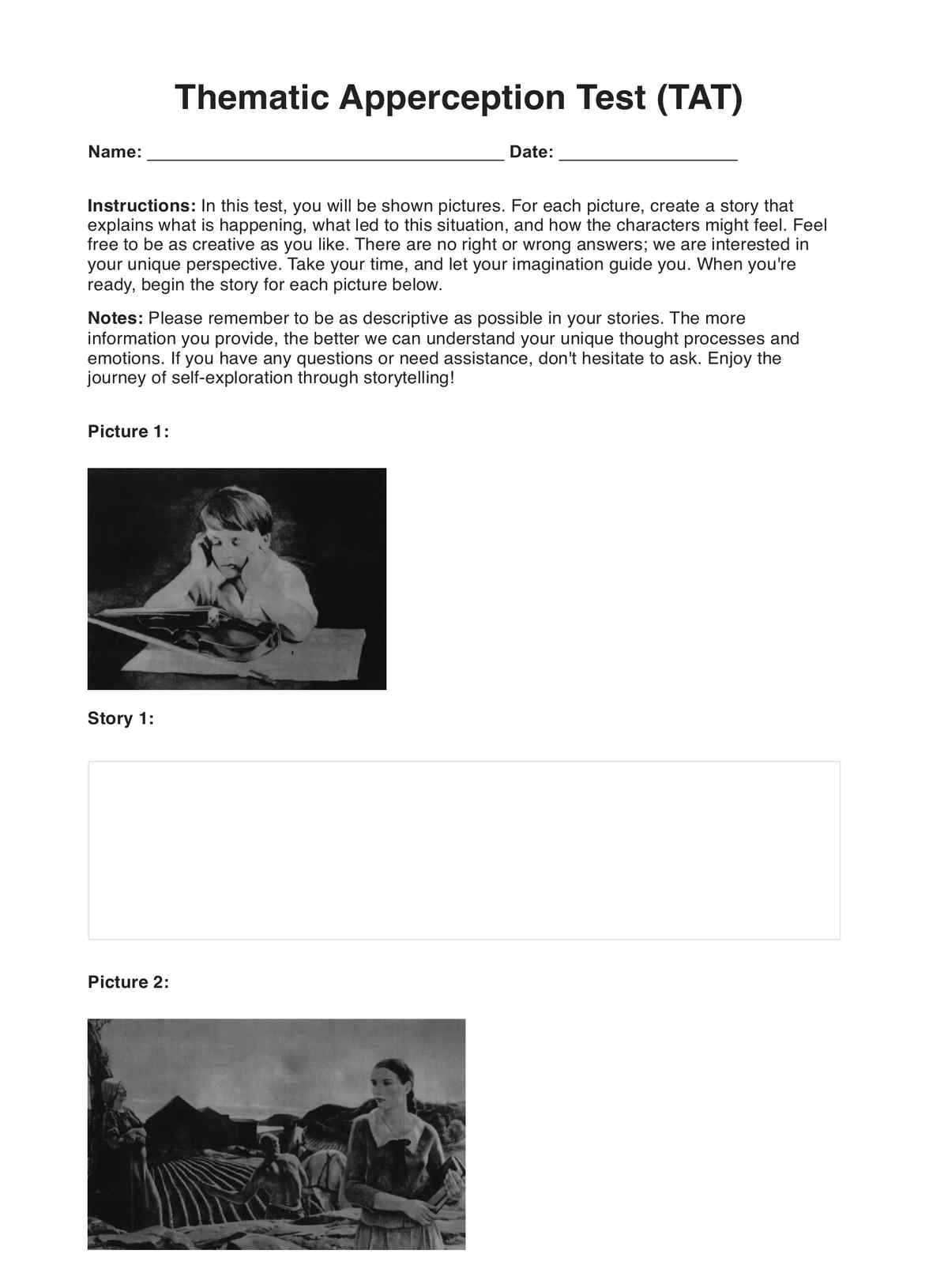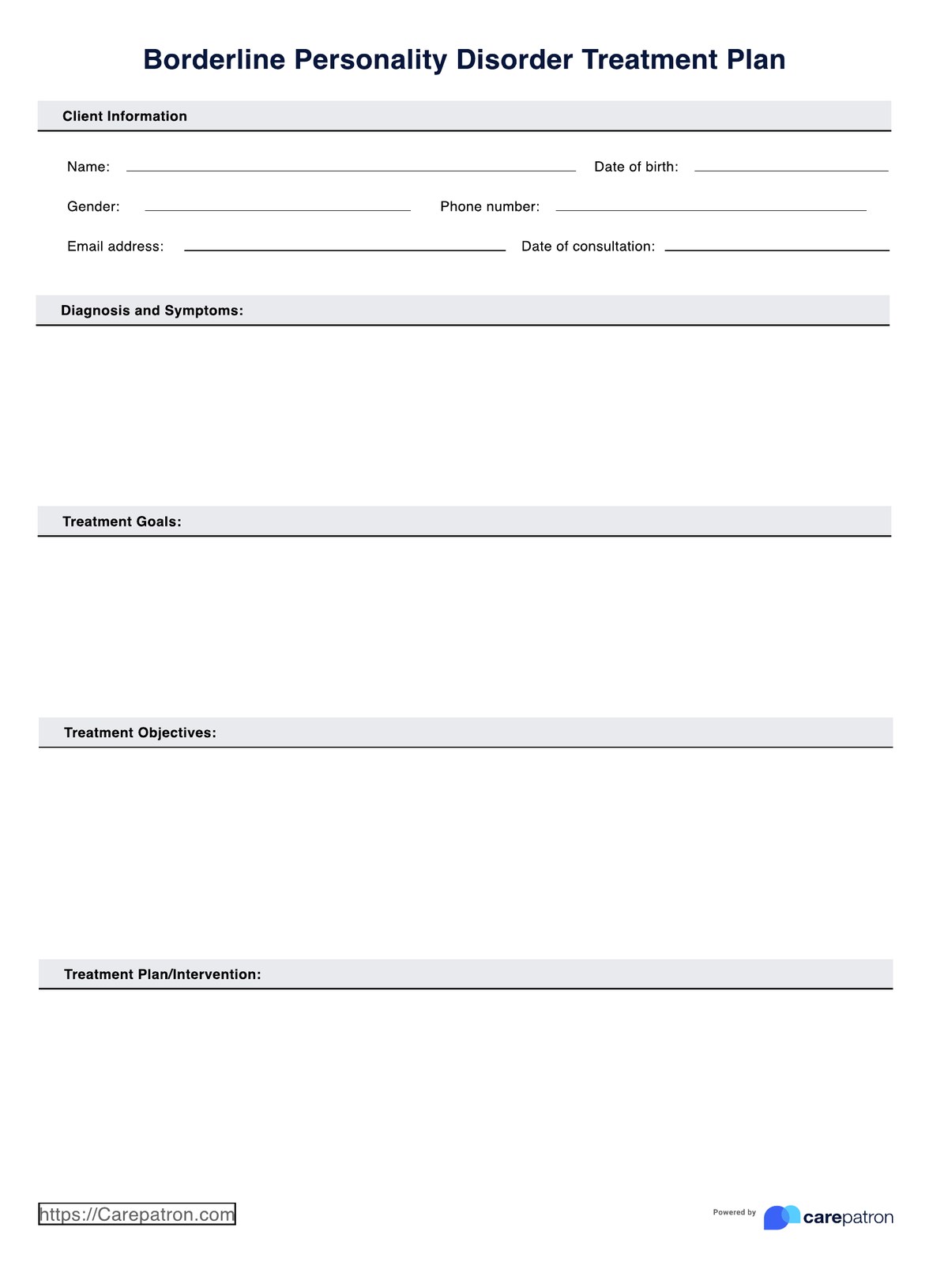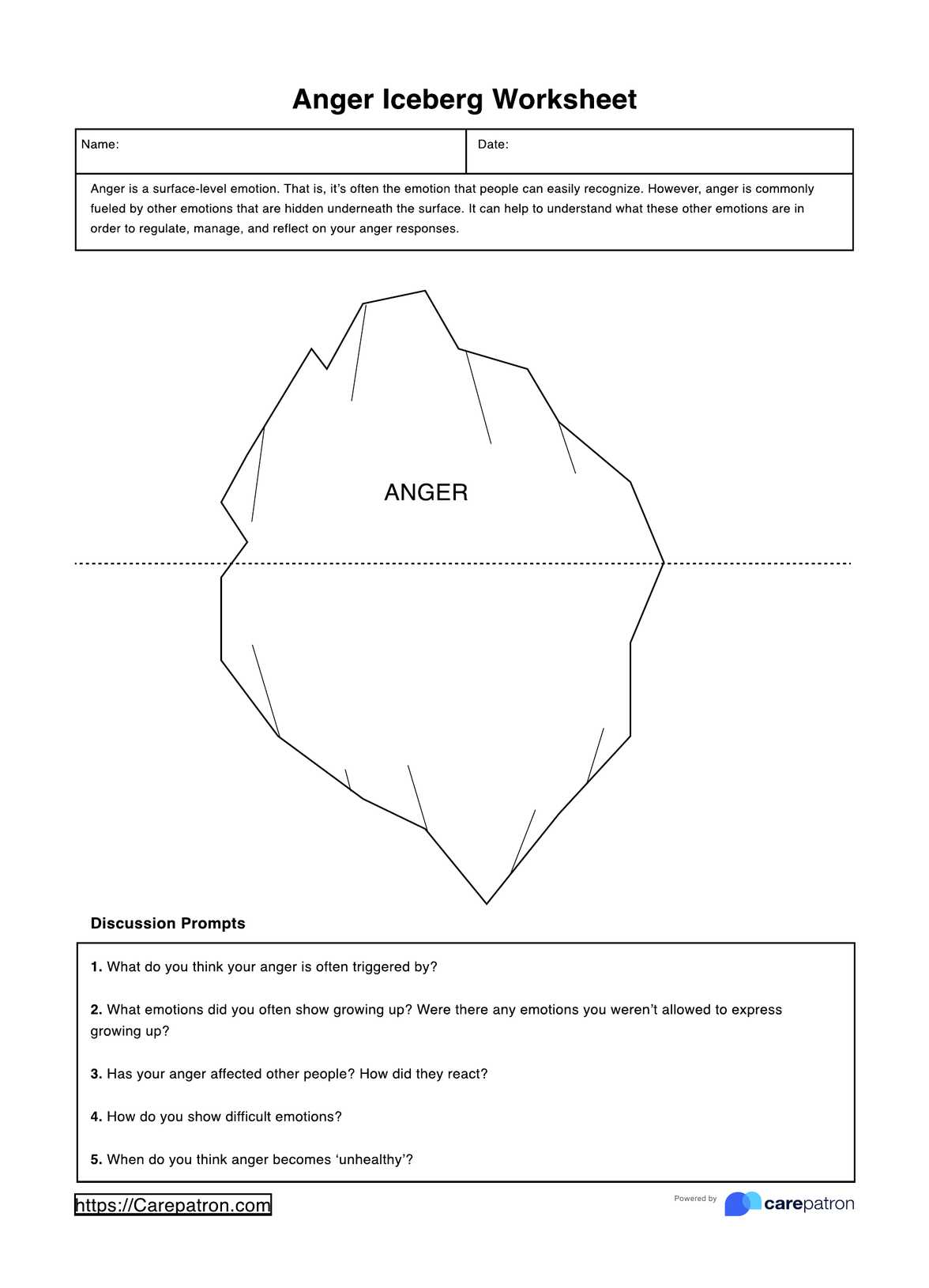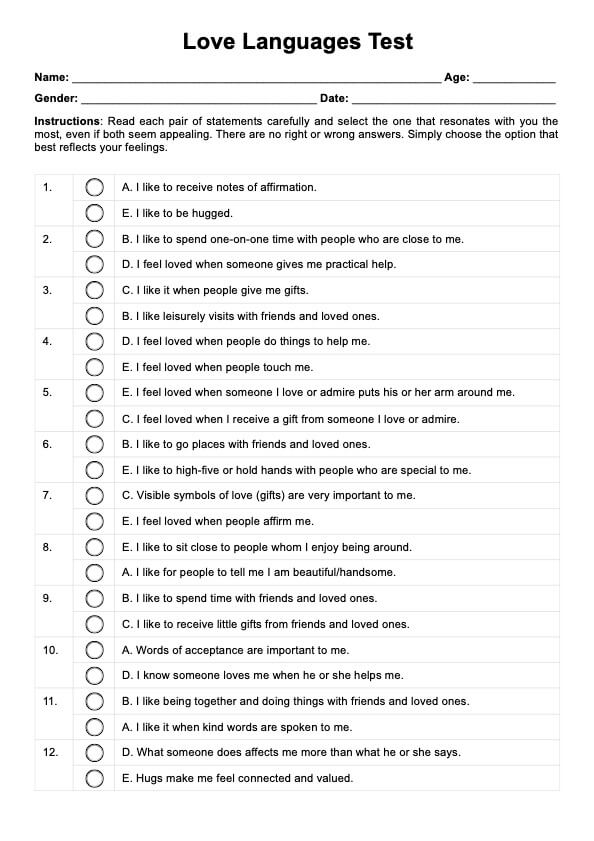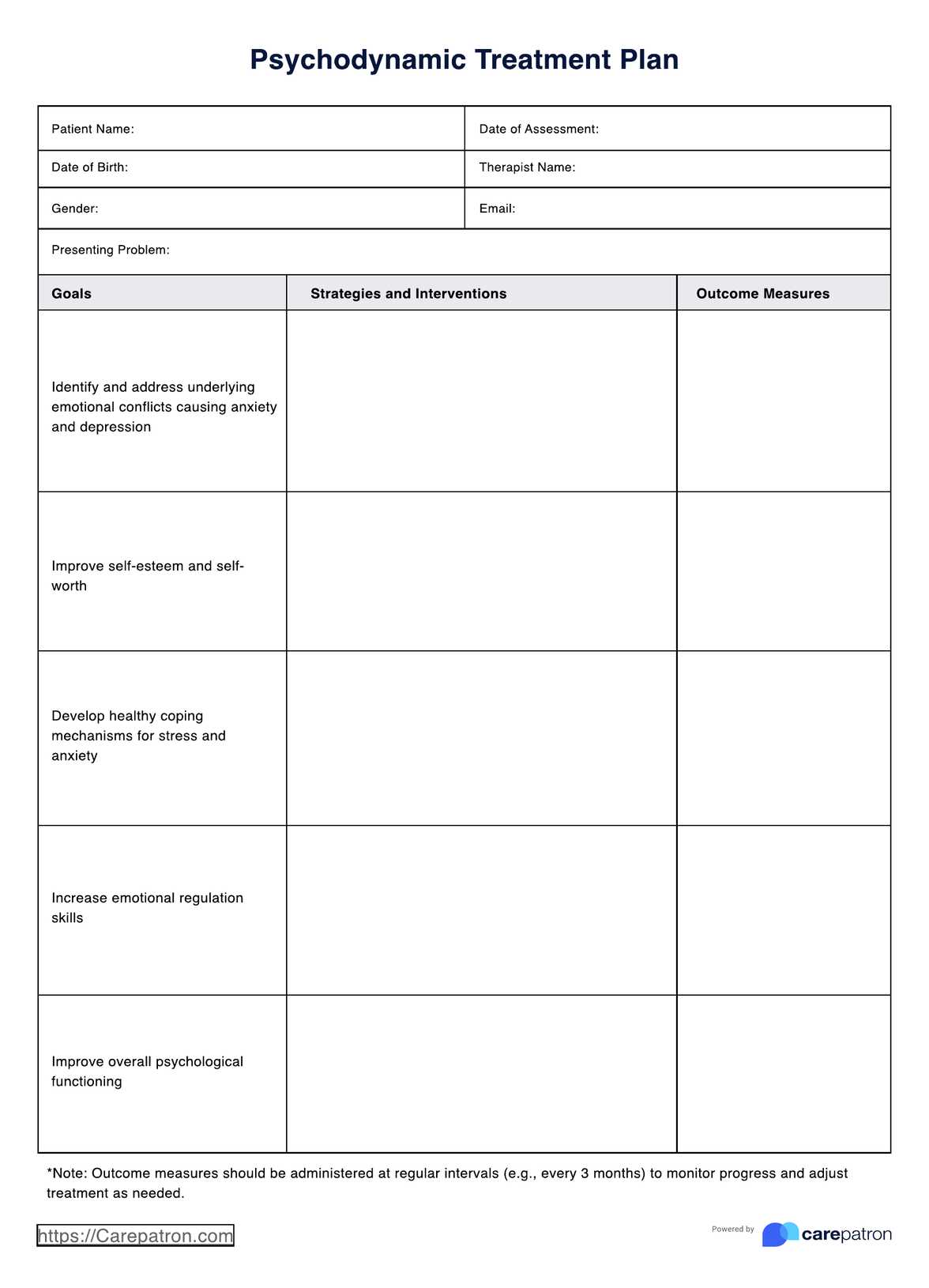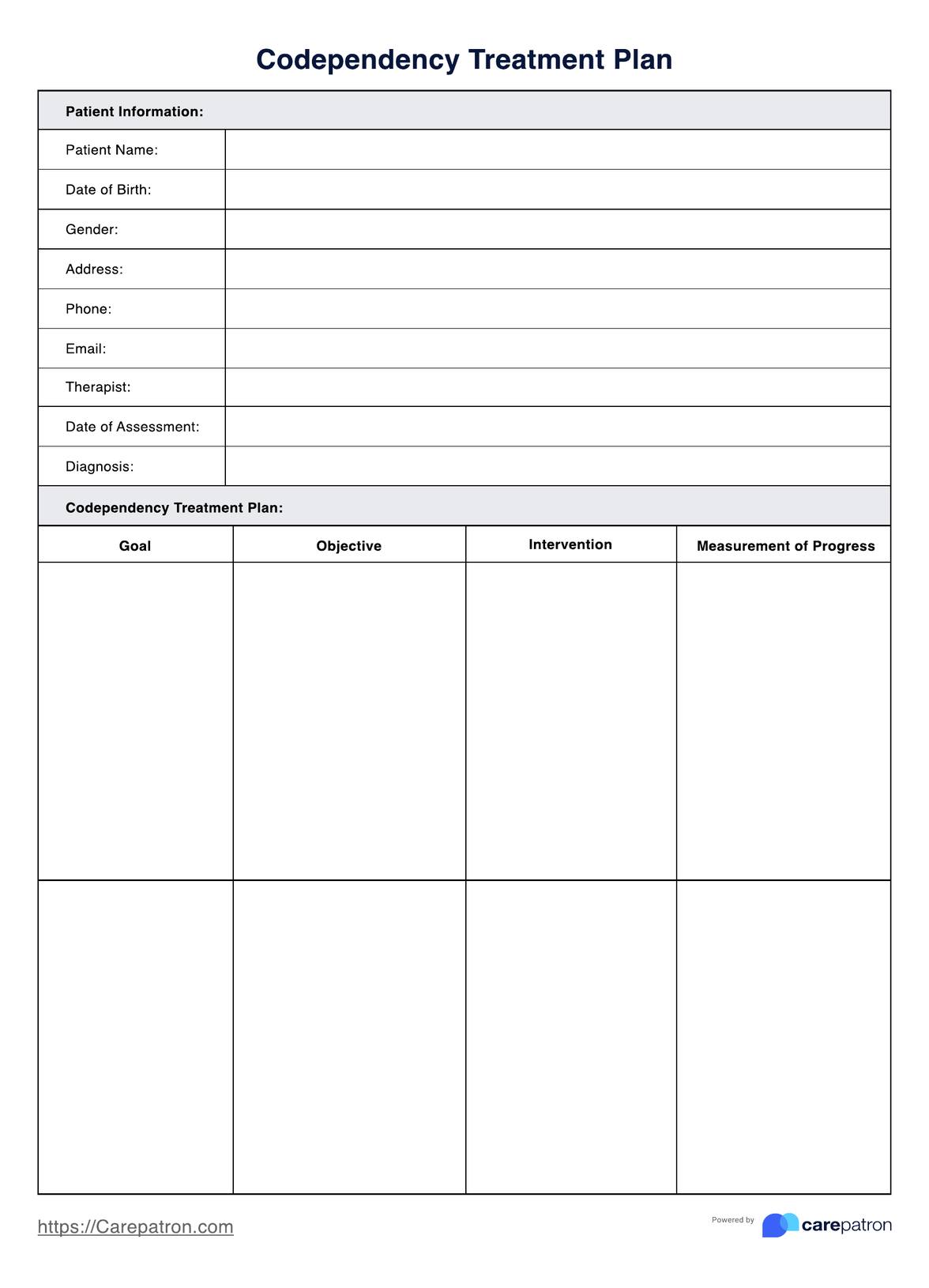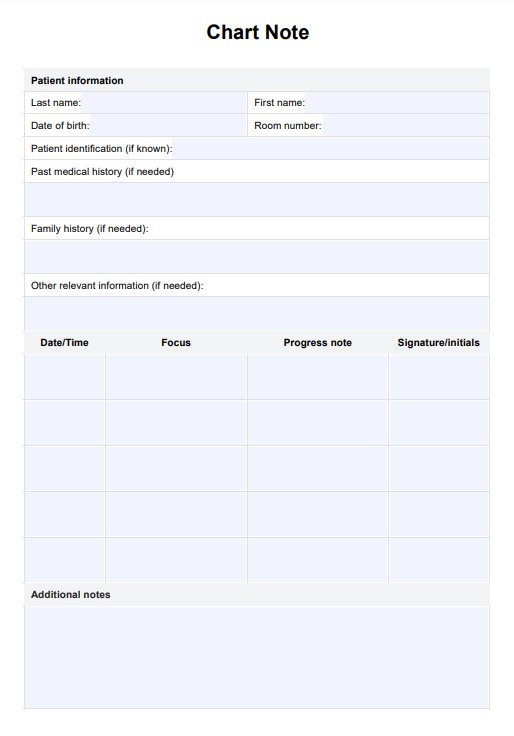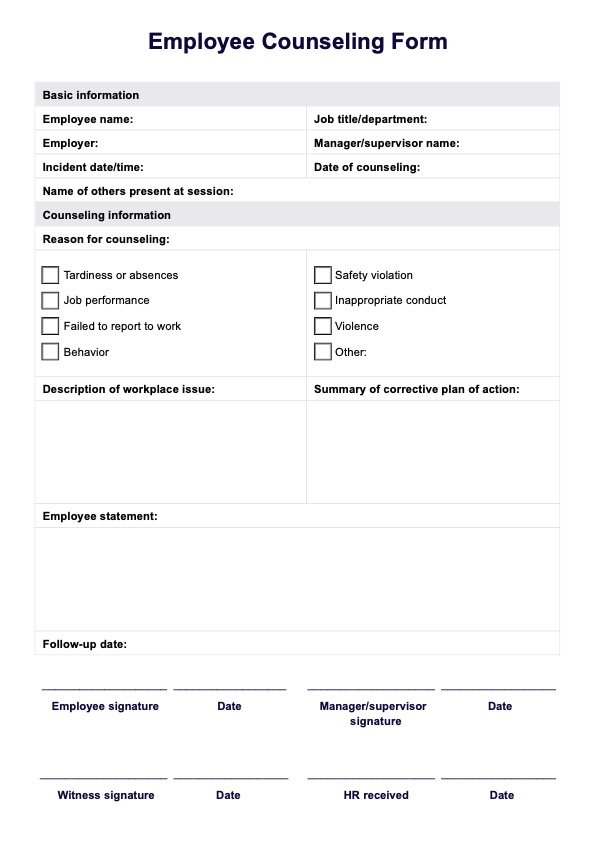Healthy Boundaries In Relationships Worksheets
Enhance your healthcare relationships with Healthy Boundaries In Relationships Worksheets. Build strong, respectful connections today.


What is a Healthy Boundaries In Relationships Worksheet?
A is a valuable resource to help individuals establish, maintain, and navigate healthy boundaries within their interpersonal relationships. These worksheets are typically utilized in various healthcare and therapeutic settings, such as counseling, therapy, support groups, or self-help programs. They are practical tools to facilitate self-awareness, personal growth, and improved relationship communication.
The primary objective of these worksheets is to empower individuals to understand, articulate, and enforce boundaries conducive to their physical, emotional, and mental well-being. Here's a breakdown of what these resources typically include:
Self-Assessment: Worksheets often begin with self-reflection exercises. Individuals are encouraged to evaluate their existing boundaries, identify areas where boundaries may be lacking or problematic, and recognize the impact of unhealthy boundaries on their well-being.
Boundary Types: These worksheets typically provide information on various types, such as physical, emotional, and time boundaries. Understanding the distinctions between these types is crucial for setting appropriate limits in different relationships.
Setting Boundaries: Worksheets guide individuals through setting clear and specific boundaries. This may involve identifying personal needs and limits, communicating those boundaries assertively, and practicing boundary-setting scenarios.
Communication Skills: Effective communication is an essential aspect of maintaining healthy boundaries. Worksheets often include exercises that help individuals improve their communication skills, including active listening, empathy, and conflict resolution.
Boundary Violation Scenarios: To enhance practical learning, worksheets may present real-life scenarios where boundaries are violated. Individuals are prompted to analyze these situations and develop strategies for handling them effectively.
Self-Care: Encouraging self-care practices is often part of these resources. They remind individuals that maintaining boundaries also involves caring for their well-being and mental health.
Progress Tracking: Some worksheets include tools for tracking progress in boundary-setting and maintenance. This can help individuals assess their growth and adapt strategies as needed.
In summary, Healthy Boundaries In Relationships Worksheets are essential for individuals seeking to establish and maintain healthier, more respectful relationships. They offer a structured and informative approach to personal growth, self-awareness, and improved interactions with others, making them valuable resources in healthcare and well-being.
Healthy Boundaries In Relationships Worksheets Template
Healthy Boundaries In Relationships Worksheets Example
How to use the Healthy Boundaries In Relationships Worksheet:
Healthcare practitioners can guide their clients effectively in utilizing the Printable Healthy Boundaries In Relationships Worksheet to enhance their interpersonal connections and overall well-being. Here are the steps involved:
Introduction and Explanation:
Begin by introducing the purpose and significance of the worksheet. Explain that it's a tool to help clients navigate and establish healthy boundaries in their relationships for better mental and emotional health.
Engage in a Discussion:
Engage the client in an open conversation to understand their current challenges related to relationship boundaries. Encourage them to share their experiences and feelings, promoting collaboration and trust.
Provide Guidance on Completion:
Offer clear instructions on how to complete each section of the worksheet. Emphasize the importance of honesty and introspection during the process.
Assist in Self-Assessment:
Assist the client in reflecting on their existing boundaries and the impact of boundary violations. Encourage them to explore their emotional and physical limits in different relationships.
Facilitate Boundary Definition:
Explain the three types of boundaries (physical, emotional, and time) and provide examples to help clients comprehend and identify their limitations.
Guide Boundary Setting:
Help clients choose a specific relationship they want to work on and set clear, achievable boundaries. Guide them in expressing these boundaries assertively and respectfully.
Enhance Communication Skills:
Offer strategies and tips to improve communication skills, such as active listening, using "I" statements, and expressing empathy to effectively communicate boundaries.
Role-play and Scenario Analysis:
Engage in role-playing exercises where the client practices asserting boundaries in challenging scenarios. Analyze these scenarios to reinforce the importance of effective boundary setting.
Encourage Self-Care:
Emphasize the role of self-care in maintaining healthy boundaries. Encourage clients to incorporate self-care practices into their routine to support their well-being.
Monitor Progress and Goal Setting:
Guide clients in tracking their progress, adapting goals, and celebrating achievements in boundary setting. Provide ongoing support and adjust strategies as needed.
With thoughtful guidance and support, healthcare practitioners can use this Printable Healthy Boundaries In Relationships Worksheet to help clients foster healthier relationships and improve their overall quality of life.
When would you use this Form?
The Healthy Boundaries In Relationships Worksheet is a valuable resource for various healthcare practitioners in numerous contexts when working with clients seeking to enhance their interpersonal relationships and overall well-being.
Here are some key scenarios and instances when it's appropriate to use this resource:
Therapeutic Counseling:
Therapists and counselors can utilize this worksheet with clients dealing with relationship issues, enabling them to explore boundaries, improve communication, and address conflicts constructively.
Support Groups:
Facilitators of support groups can incorporate this tool to guide participants in understanding and asserting their boundaries, fostering a supportive group dynamic.
Health and Wellness Coaching:
Health and wellness coaches can employ the worksheet to help clients develop healthier boundaries, promoting overall well-being and stress management.
Psychiatry and Mental Health:
Psychiatrists and mental health professionals can integrate this resource into treatment plans for clients with relationship-related stressors and mental health challenges.
Relationship Counseling:
Couples therapists can use this worksheet to assist couples in establishing mutual boundaries, enhancing communication, and resolving conflicts within their relationships.
Self-Help and Personal Development:
Individuals engaging in self-help or personal development journeys can work through this worksheet independently to gain insights into their boundaries and improve their interpersonal skills.
Recovery Programs:
Practitioners in addiction recovery programs can implement this tool to help clients rebuild healthy relationships and establish boundaries that support their sobriety.
Workplace Wellness Programs:
Human resources professionals or workplace wellness coordinators can use this resource to promote healthy boundaries among employees, reducing workplace stress and conflict.
Family Therapy:
Family therapists can employ this worksheet when working with families to address boundary issues, improve communication, and strengthen familial bonds.
Stress Management:
Practitioners focused on stress management can incorporate this tool into their sessions to help clients reduce stress by setting and maintaining healthier boundaries in their lives.
Benefits
Utilizing the Free Healthy Boundaries In Relationships Worksheet offers several notable benefits:
Enhanced Self-Awareness and Insight:
Engaging with this worksheet encourages individuals to reflect on their boundaries, fostering a deeper understanding of their limits and needs within relationships.
Improved Communication Skills:
The worksheet guides individuals in practicing effective communication, enabling them to assert their boundaries assertively and respectfully, enhancing their interpersonal interactions.
Strengthened Relationships:
By establishing clear boundaries and communicating them effectively, individuals can cultivate healthier relationships based on mutual understanding and respect, leading to more fulfilling connections.
Reduced Stress and Anxiety:
Setting and maintaining healthy boundaries can significantly reduce stress levels, as individuals learn to prioritize their well-being and manage the demands of various relationships.
Empowerment and Self-Efficacy:
The act of actively setting and enforcing boundaries empowers individuals, giving them a sense of control over their lives and fostering confidence in their ability to advocate for themselves.
Progress Tracking and Goal Achievement:
The worksheet provides a structured framework for monitoring progress in boundary-setting endeavors, allowing individuals to celebrate their achievements and adapt their goals for continued growth and success.
Research & Evidence
The Healthy Boundaries In Relationships Worksheet draws on psychological and therapeutic principles related to interpersonal dynamics and mental health. While no specific historical origin is attributed to this worksheet, its creation aligns with the broader evolution of psychological interventions focused on relationship well-being and mental health.
Researchers and practitioners have recognized the critical role of setting and maintaining boundaries in maintaining mental well-being and cultivating healthy relationships.
A seminal study by Cook and Coldwell (2018) emphasized the significance of assertive communication and boundary-setting in relationships. The study highlighted how individuals who clearly express their boundaries experience less stress and more fulfilling interactions.
Furthermore, research by Thompson and Pleck (2019) explored the impact of establishing boundaries in various life domains, including personal, work, and social settings. The findings underscored that well-defined boundaries lead to better self-regulation, reduced conflict, and improved overall life satisfaction.
The concepts within the Healthy Boundaries In Relationships Worksheet also align with the principles of Cognitive Behavioral Therapy (CBT), which has been extensively researched for its effectiveness in enhancing interpersonal skills and managing stress (Beck, 2018).
Additionally, studies examining the application of boundary-setting in specific contexts, such as addiction recovery (Pegram, 2020), have demonstrated its efficacy in supporting individuals in maintaining sobriety and achieving successful rehabilitation outcomes.
References
Cook, H. E., & Coldwell, J. (2018). Assertive communication, self-regulation, and conflict resolution styles in university students. Current Psychology, 37(4), 1063-1070.
Thompson, E. H., & Pleck, J. H. (2019). The structure of boundary flexibility and the Big Five personality model. Journal of Personality Assessment, 101(5), 479-491.
Beck, J. S. (2018). Cognitive Behavior Therapy: Basics and Beyond. Guilford Press.
Pegram, S. E. (2020). Boundary setting and its impact on relapse prevention in addiction recovery. Journal of Substance Abuse Treatment, 117, 108087.
Commonly asked questions
Healthy boundaries are essential for maintaining respectful and fulfilling relationships. They define the limits of acceptable behavior, promote self-respect, prevent exploitation, reduce conflicts, and create a sense of security and trust within relationships.
A Healthy Boundaries Worksheet helps improve relationships by guiding individuals to recognize and communicate their boundaries effectively. It offers a structured approach to assess current boundaries, identify areas for improvement, and practice setting and asserting boundaries respectfully.
Anyone seeking to improve their relationships can use a Healthy Boundaries Worksheet. This includes individuals in romantic relationships, friendships, family dynamics, workplace interactions, and other interpersonal contexts.


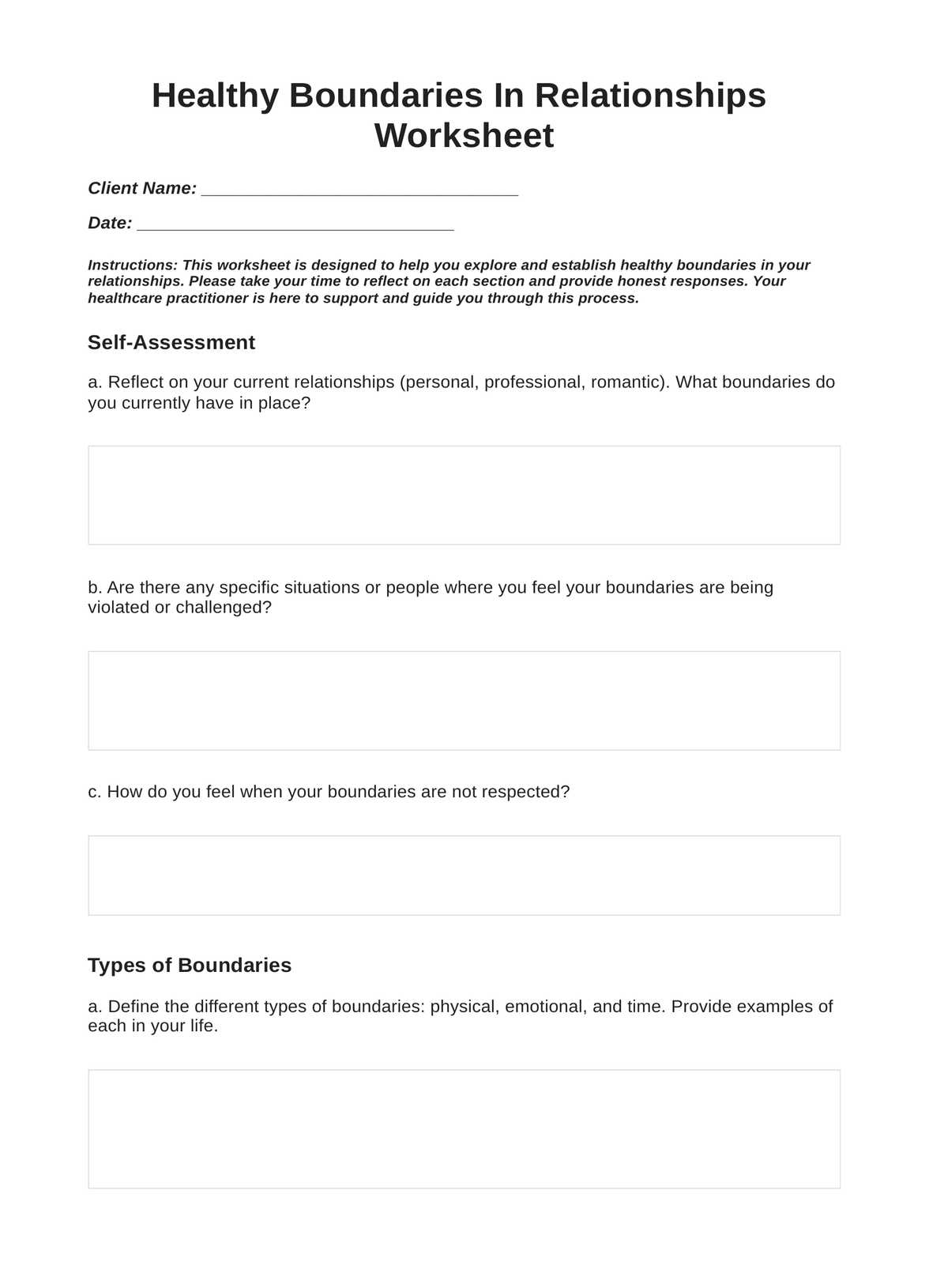
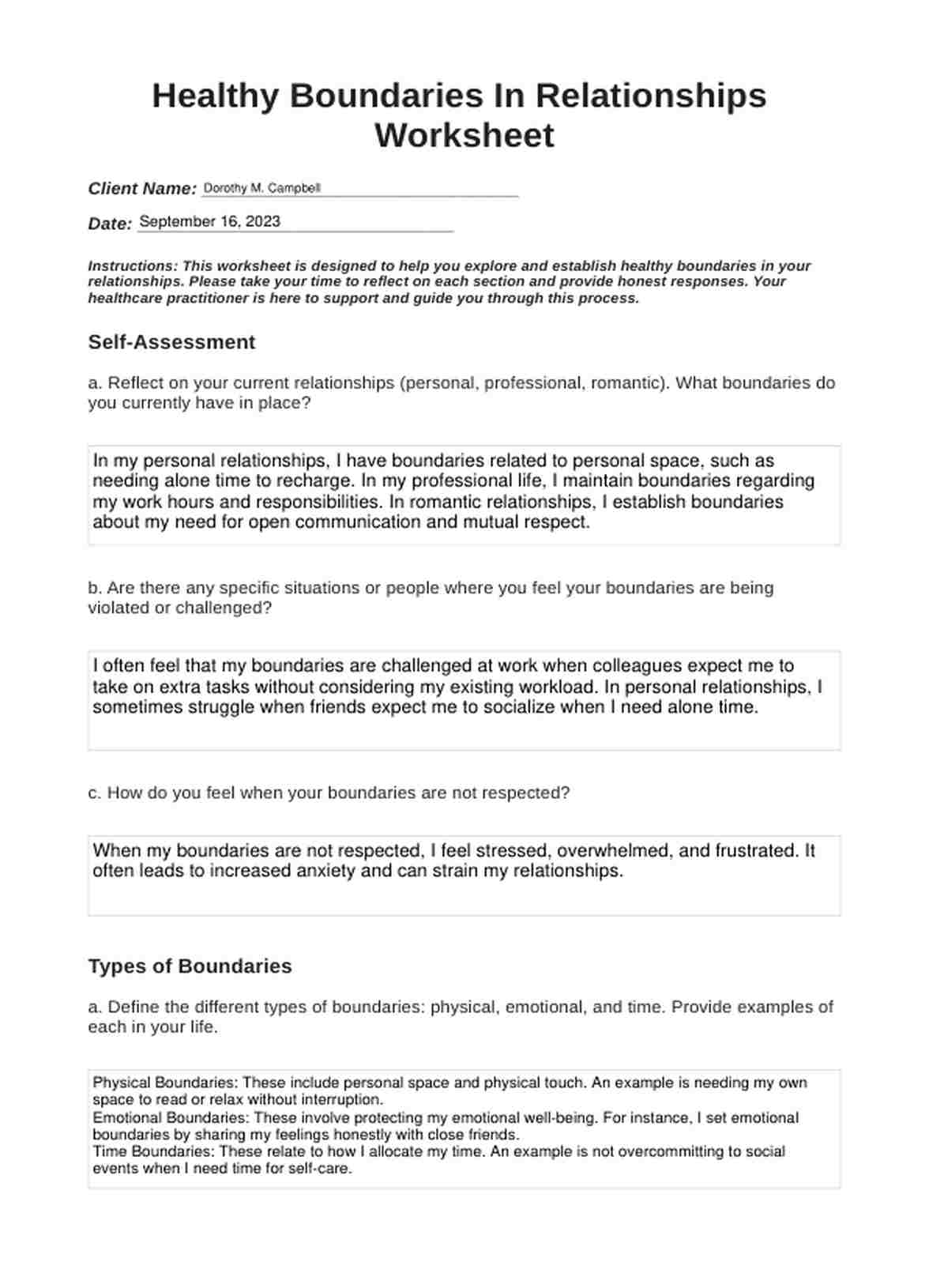

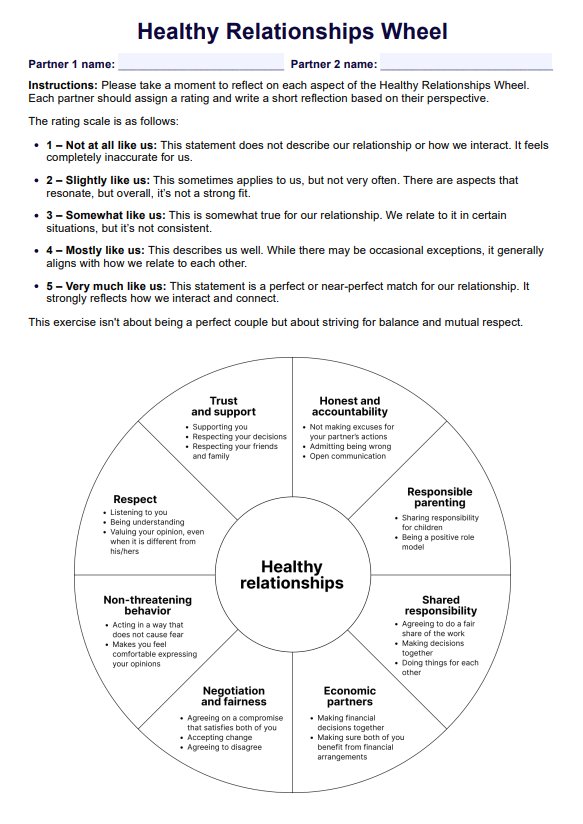














-template.jpg)


